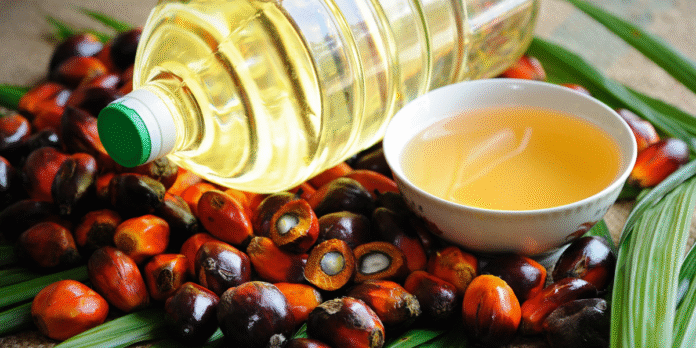The Indian Food and Beverage Association (IFBA) has raised a red flag over the increasing trend of food products carrying “No Palm Oil” labels, calling it a marketing gimmick not backed by scientific evidence. The industry body claimed such labels exploit consumer fears rather than promote informed food choices.
In a statement issued on Tuesday, the association said the wave of palm oil-free claims flooding supermarket shelves is misleading and driven more by influencer-led narratives than nutritional facts. “Palm oil has been consumed in India since the 19th century and continues to be a key component in affordable, stable and versatile cooking oil formulations,” the association said.
Deepak Jolly, Chairperson of the IFBA, took aim at food companies that are using the absence of palm oil as a selling point. “These labels mislead consumers by prioritising marketing over science. They also distract from the more important issue of overall nutritional balance,” he said.
India is one of the world’s largest consumers of edible oil, with an annual demand of around 26 million tonnes. Of this, nearly 9 million tonnes is palm oil, largely imported but increasingly being targeted for domestic cultivation under government programmes like the National Mission on Edible Oils-Oil Palm (NMEO-OP), launched in 2021 with a ₹11,040 crore investment plan.
According to the IFBA, discouraging the use of palm oil through alarmist labelling could undercut the country’s goals for self-reliance in edible oil production and harm farmers and processors involved in oil palm cultivation. “Such campaigns, if left unchecked, could have long-term implications for India’s food security and economic sustainability,” Jolly added.
Scientific support for palm oil’s nutritional value was also cited. Shilpa Agrawal, Director of Scientific and Regulatory Affairs at IFBA, pointed to the 2024 Dietary Guidelines for Indians, issued by the ICMR-National Institute of Nutrition. These guidelines recommend the rotation of different edible oils, including palm oil, to maintain a balanced fatty acid profile in everyday diets.
Agrawal highlighted that tocotrienols, a form of vitamin E found in palm oil, have been shown to support heart health and reduce cholesterol levels. “This is science, not speculation,” she said, cautioning against basing food choices on social media misinformation.
In recent years, palm oil has come under scrutiny globally, with environmental and health concerns driving consumer backlash in some countries. However, IFBA argues that this narrative is being uncritically imported into India’s food ecosystem, where palm oil remains a crucial component in affordable food products.
The association also pointed to inconsistencies in product messaging. “Products boasting ‘No Palm Oil’ labels often contain other ingredients high in saturated fats or processed stabilisers. The switch is cosmetic and doesn’t always translate into a healthier choice,” the statement said.
In India, the Fast Moving Consumer Goods (FMCG) sector has seen growing pressure to make health claims as consumers become more aware of ingredients. But the IFBA warned that such shifts must be grounded in science and national dietary standards, not influencer-driven trends.
The group called for regulatory scrutiny of misleading labels and better consumer education about the nutritional profile of edible oils. “Health decisions should not be driven by anxiety marketing,” Jolly said, adding that such labels also erode consumer trust and distract from meaningful reforms in public health and nutrition.
While palm oil remains polarising, the IFBA’s stand has added a new layer to the debate in India, especially as the country ramps up investment in domestic edible oil cultivation. As the “clean label” trend continues, experts say the bigger challenge lies in helping consumers navigate food choices with credible information instead of curated fear.





